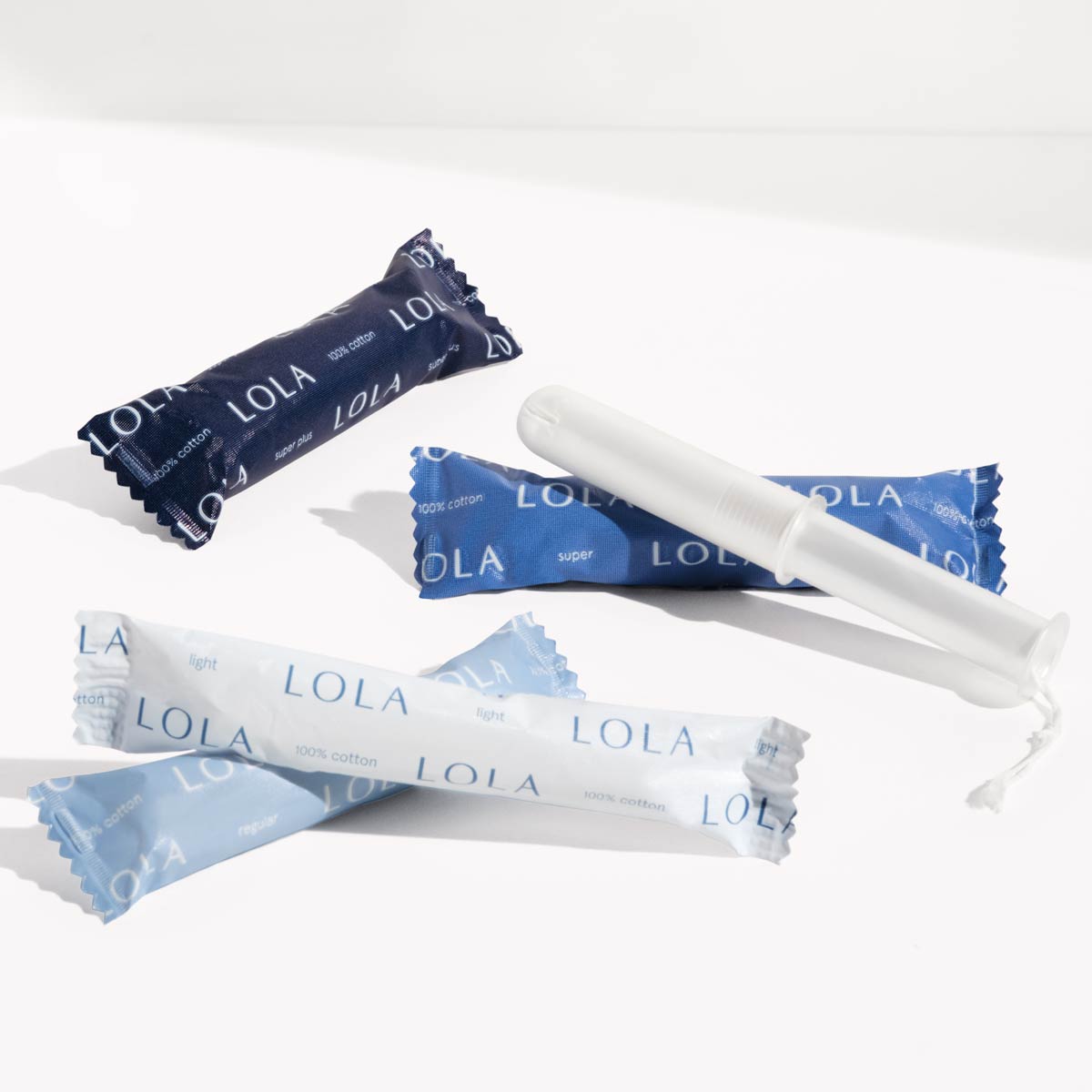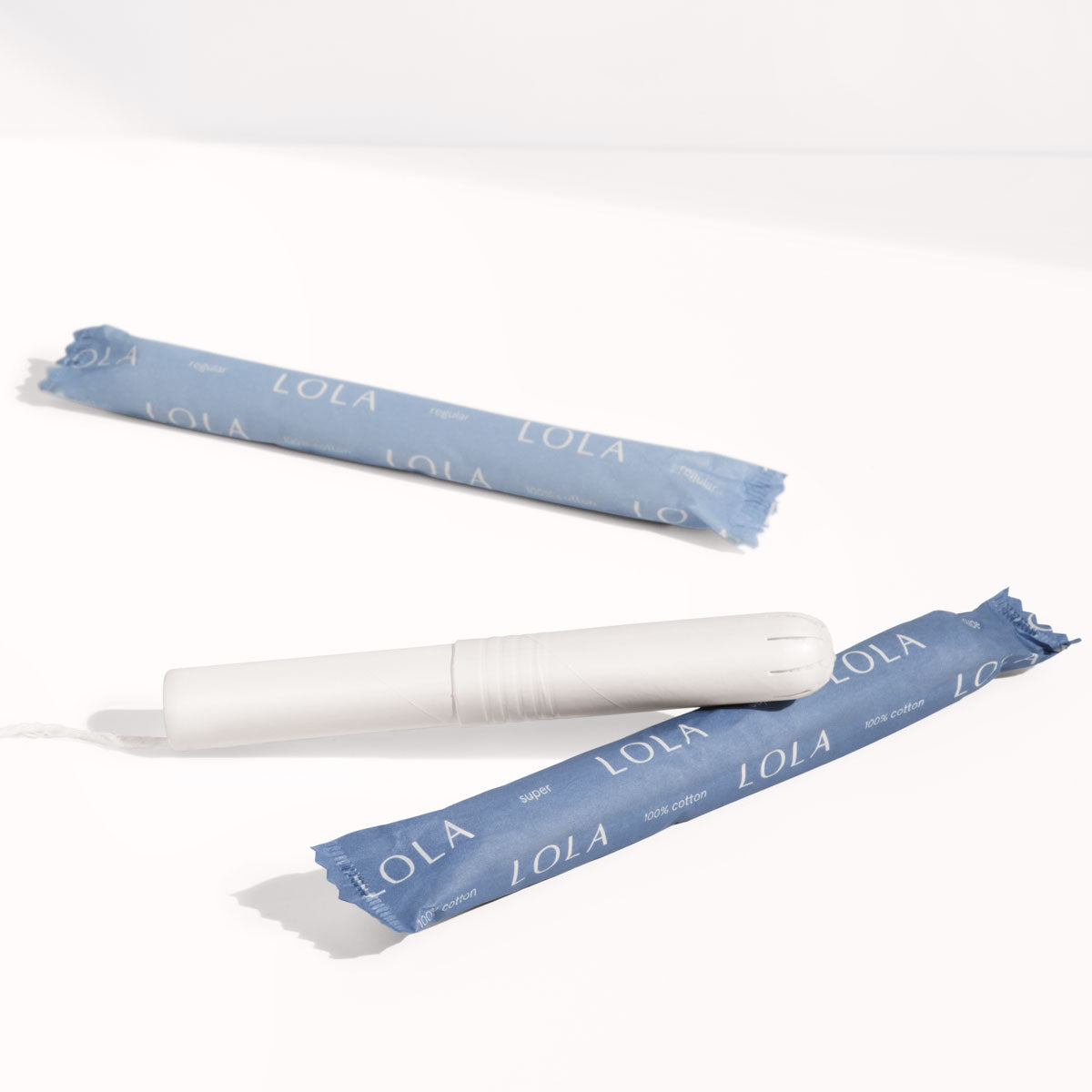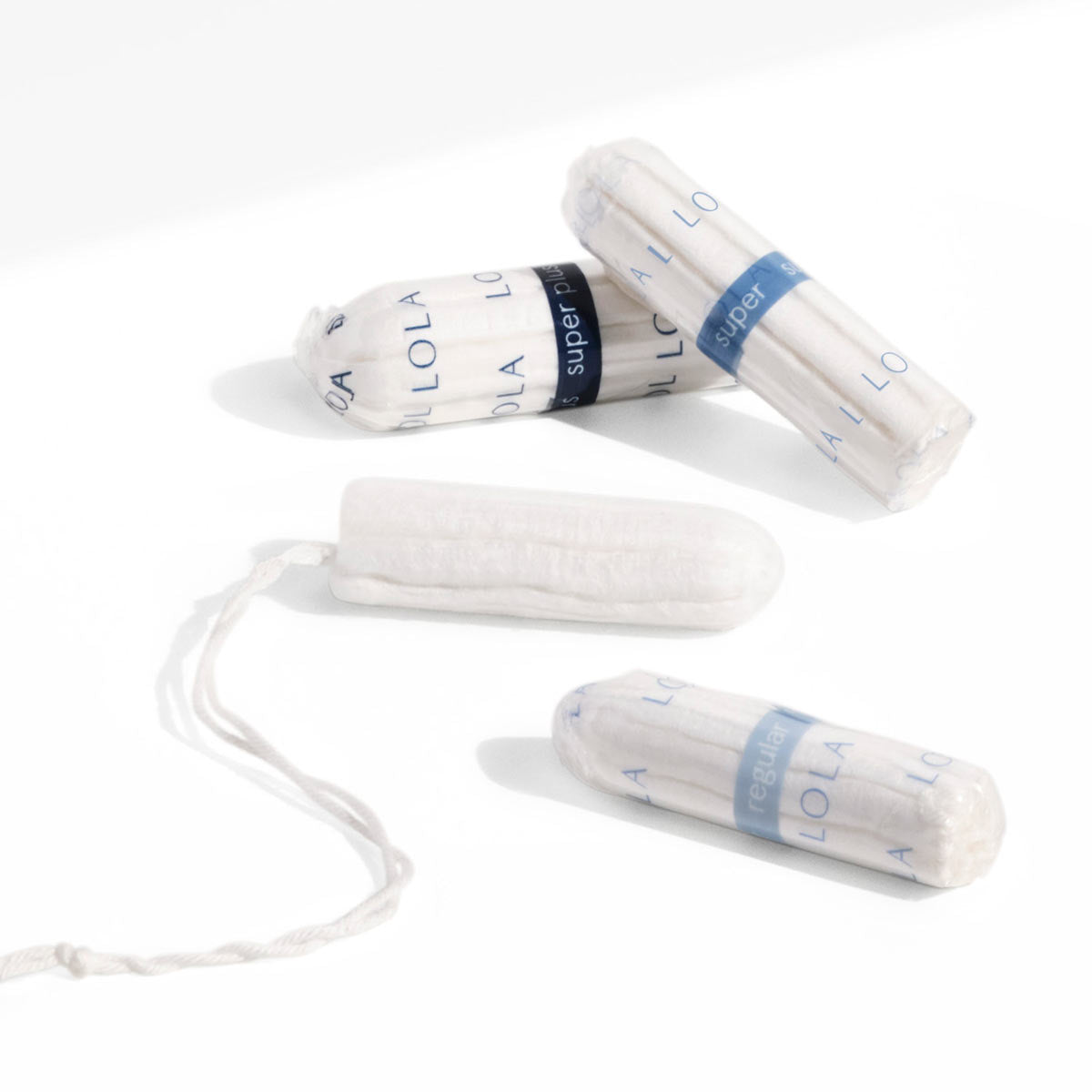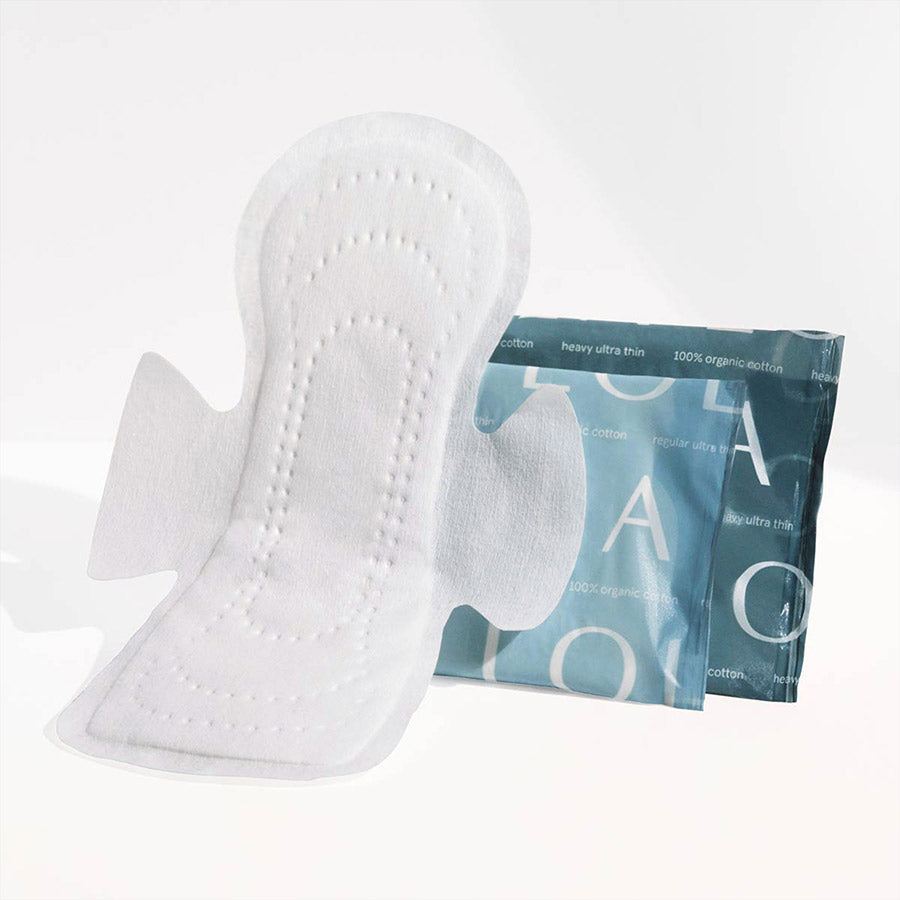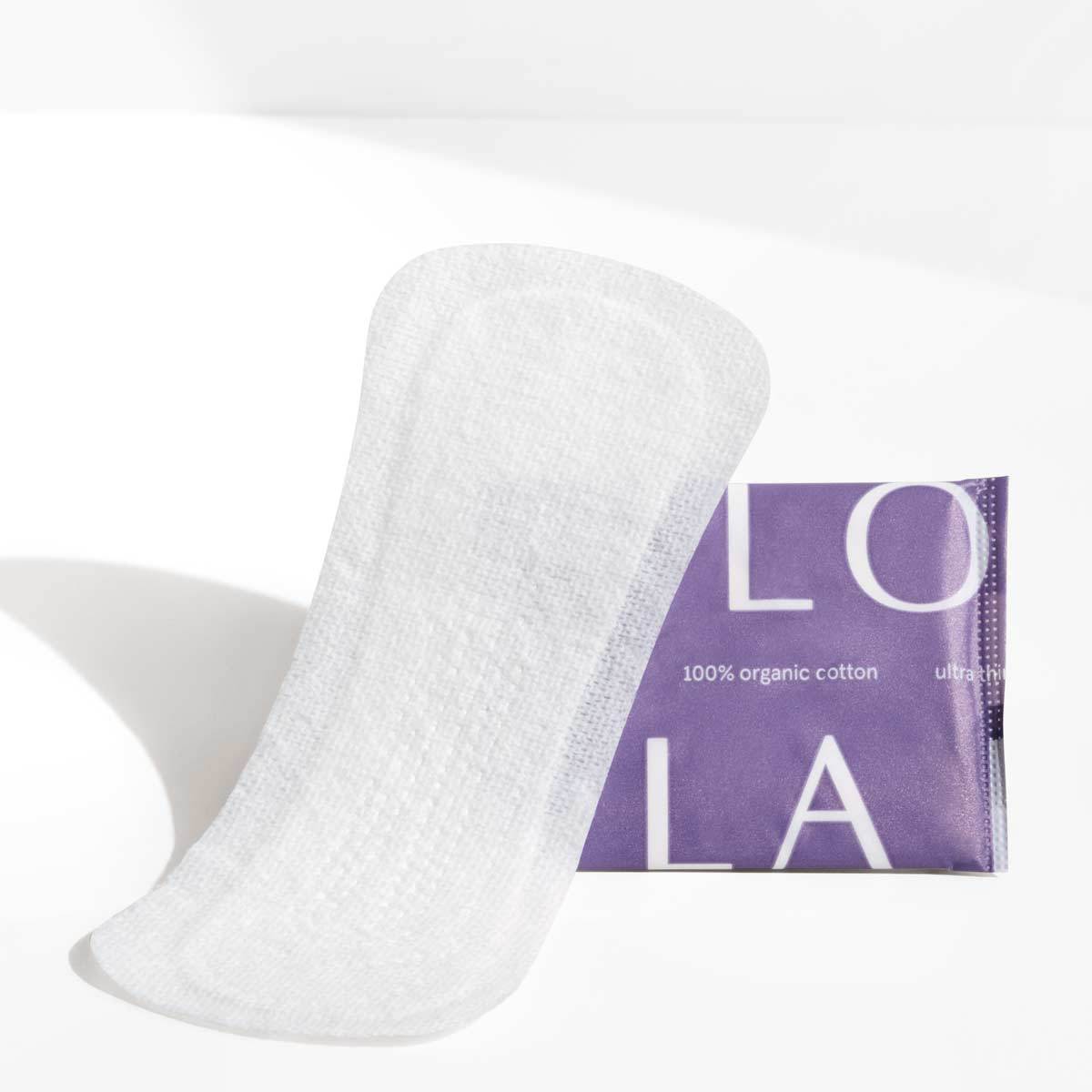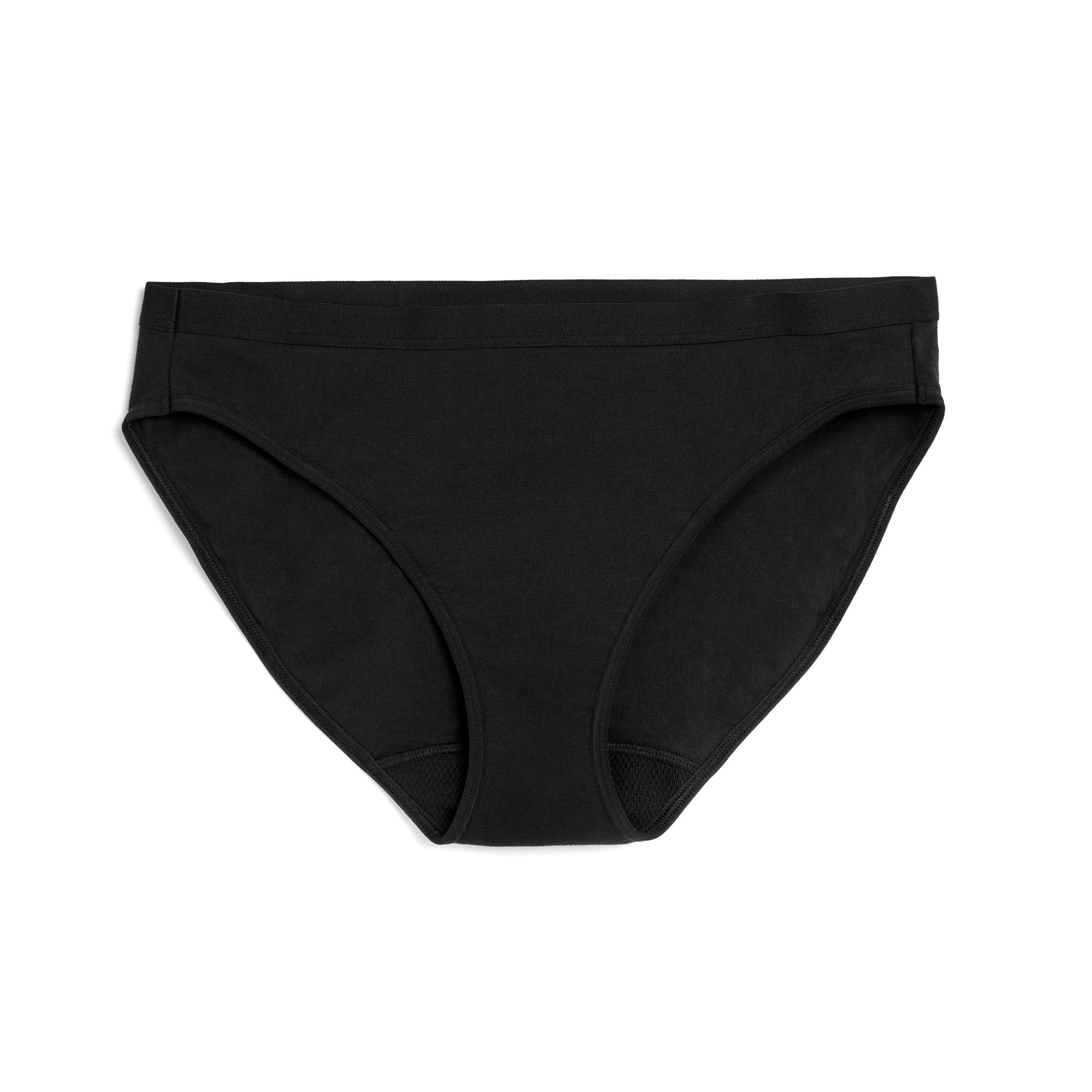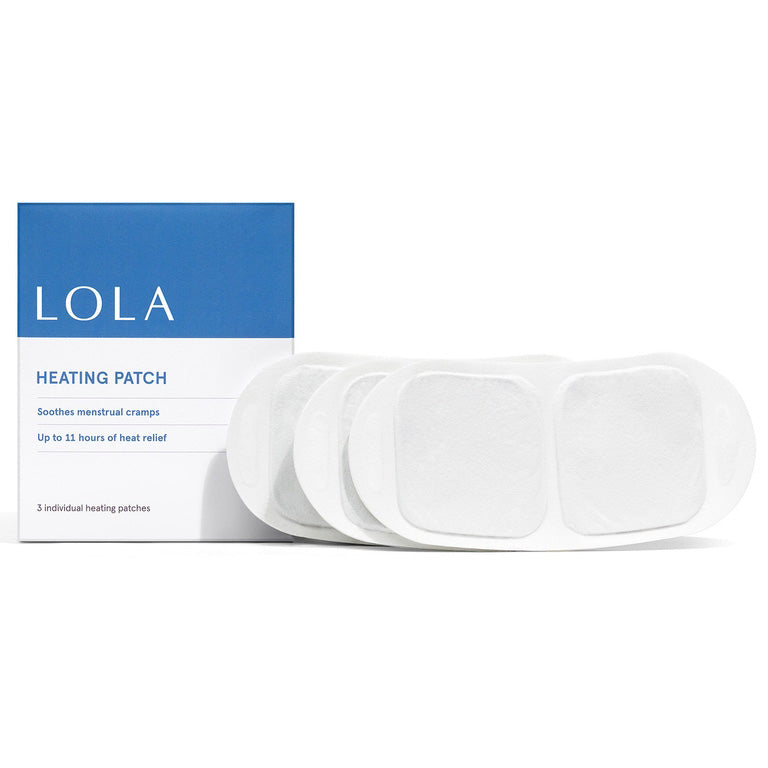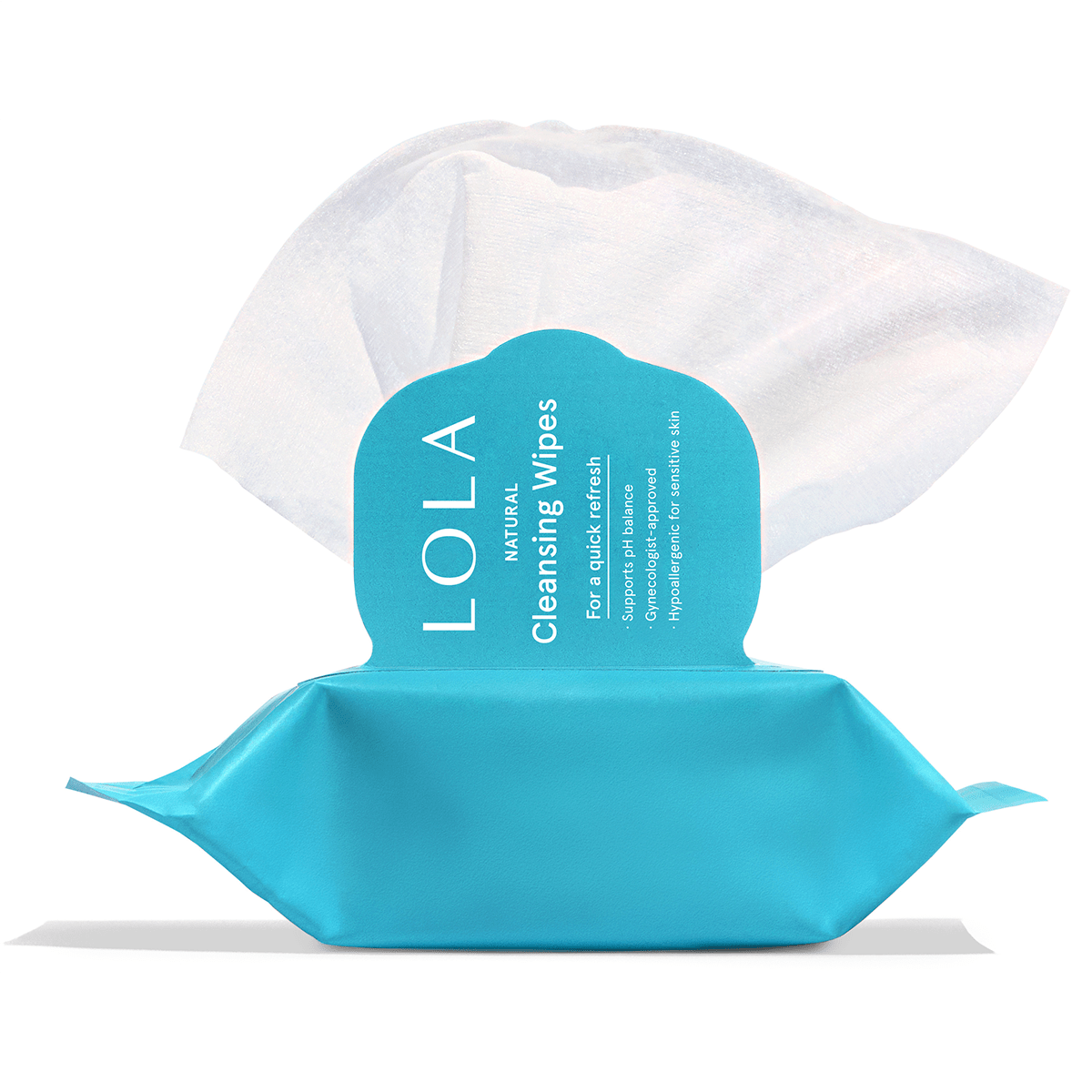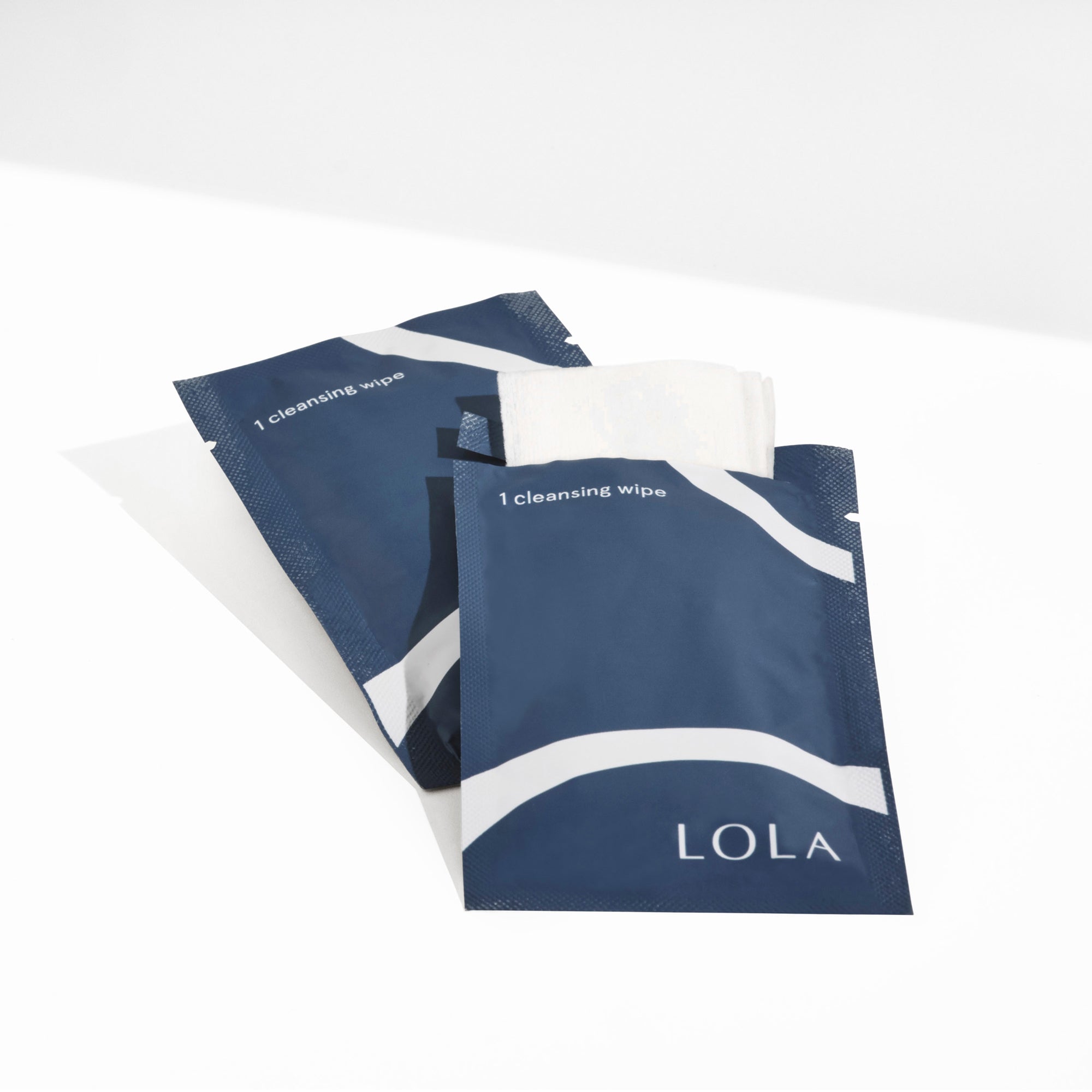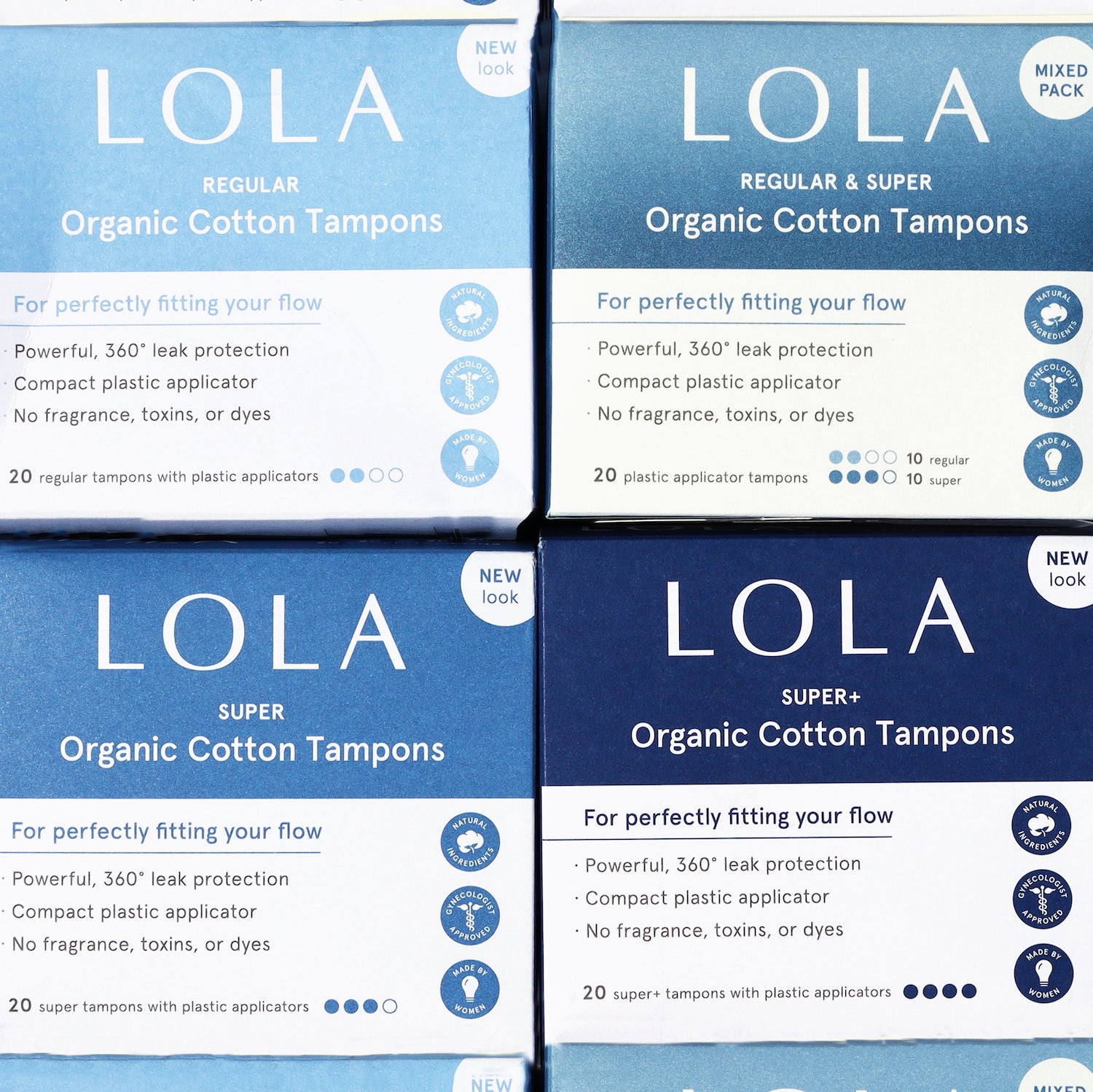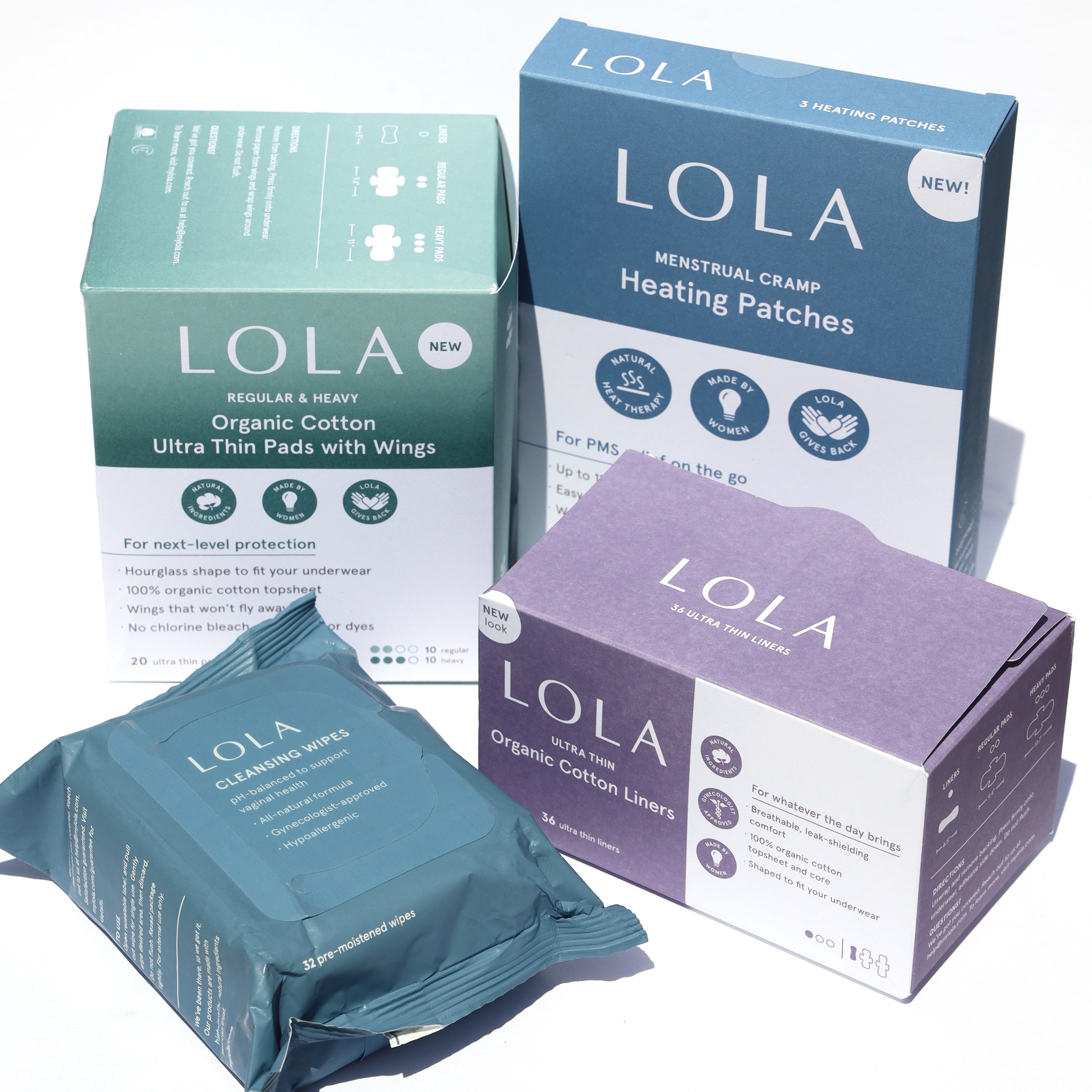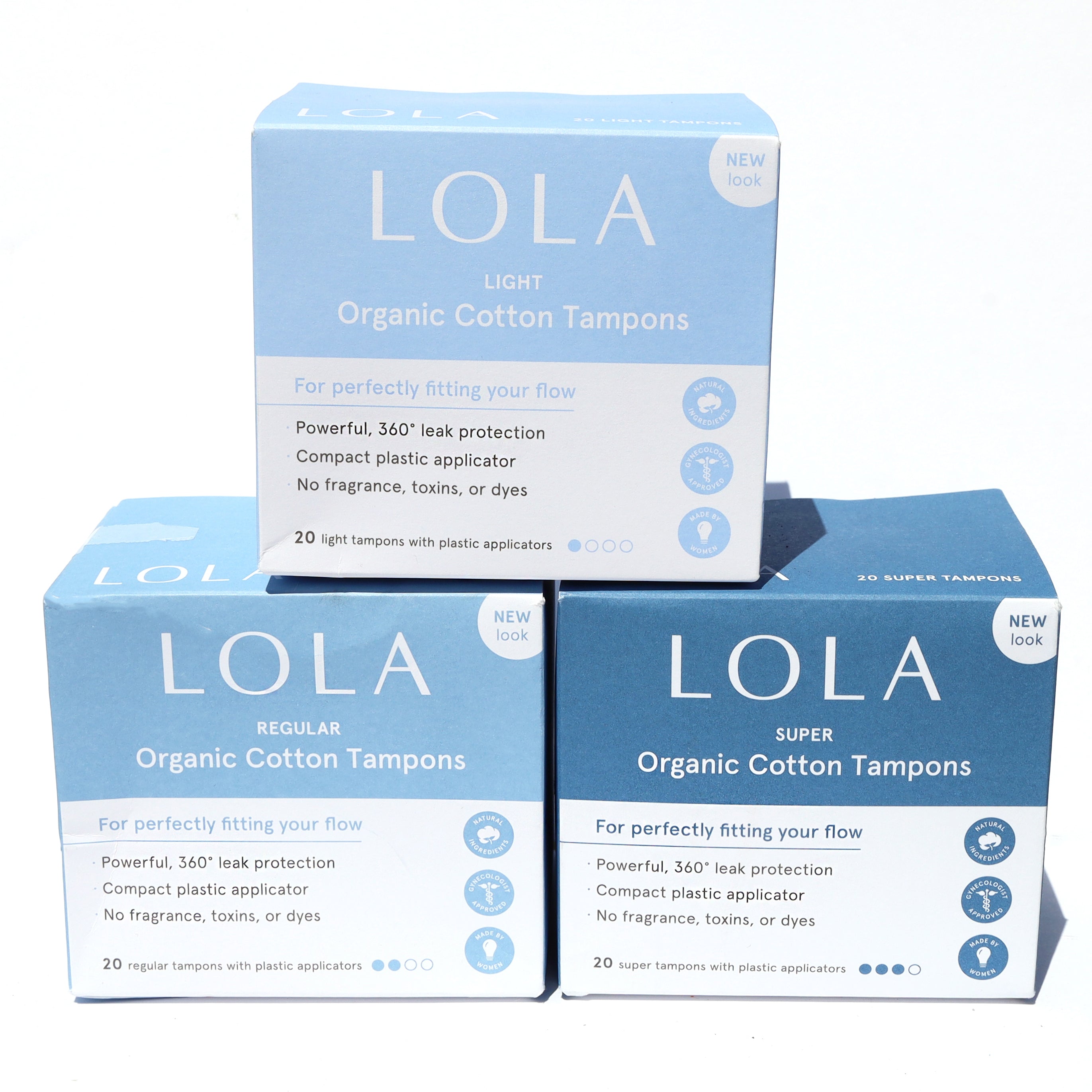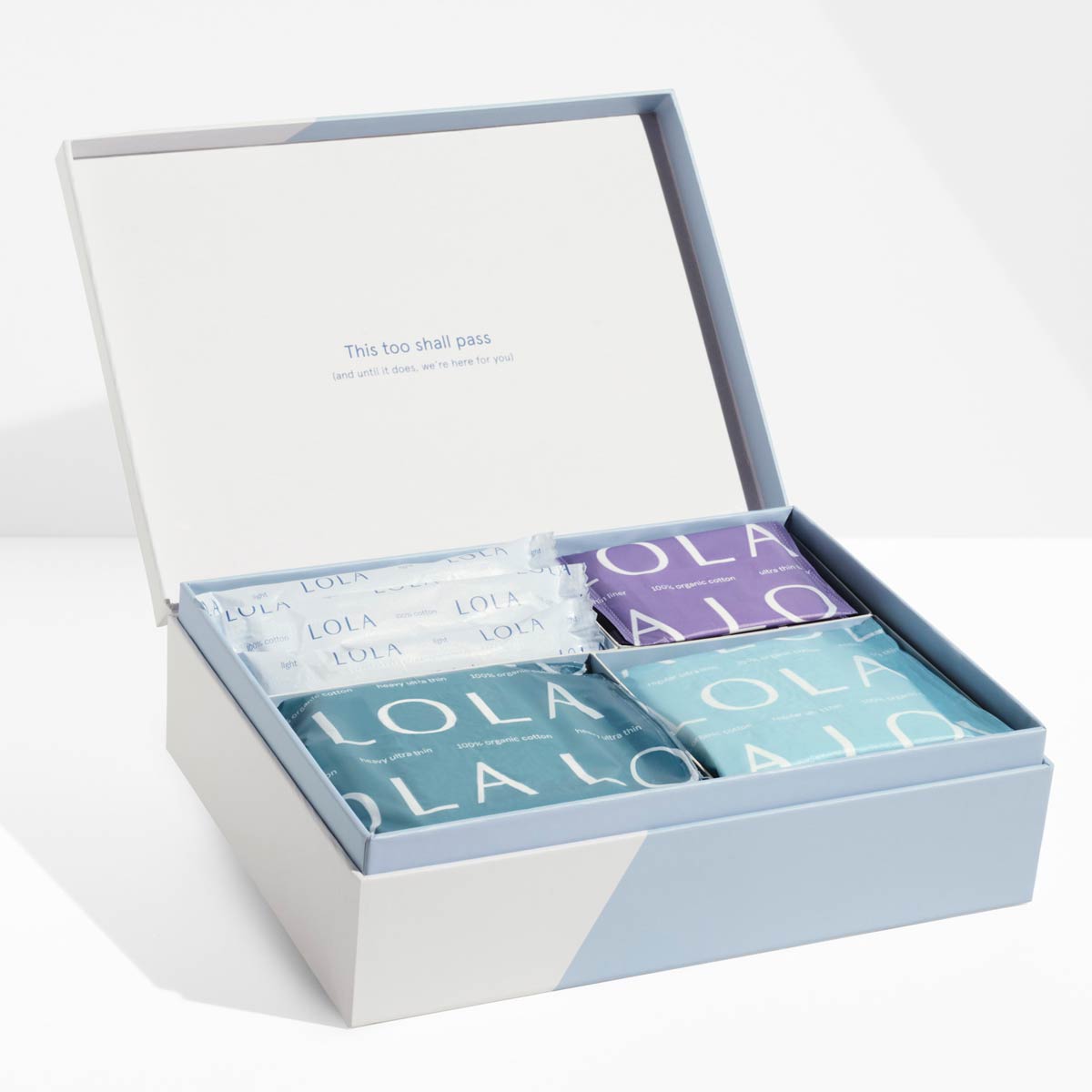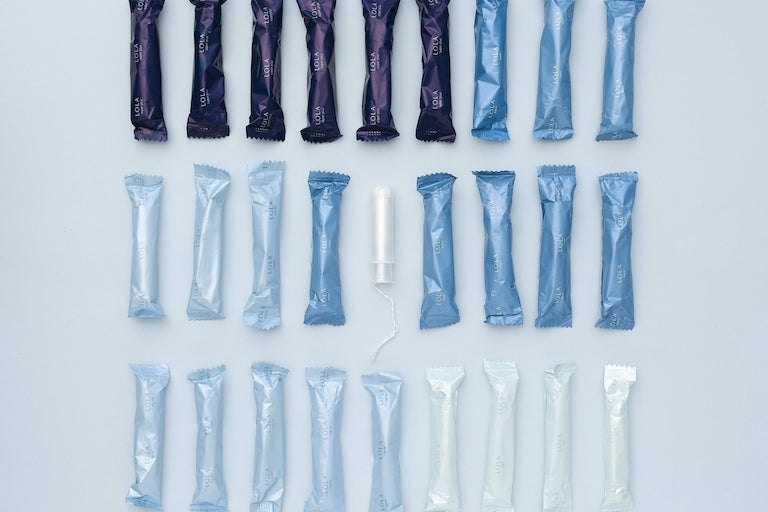From a young age, periods are a fact of life for most women. Since the average woman menstruates 456 times in her lifetime, if your periods last five days, that's 6.8 years of your life. You might think you know your period pretty well already, and you probably do! Still, it turns out that your period (much like Gretchen Weiners' hair) is full of secrets. Here are seven things we bet you didn't know about your period.
1. The period you get on the pill is called "withdrawal bleeding"
You might remember from high school biology class that every month your uterine lining thickens in preparation for a baby. If you don't get pregnant, your body sheds two things: the lining and an unfertilized egg " that's your period. However, when you're on hormonal birth control pills, no ovulation occurs. Subsequently, even though you seemingly get "a period" every month during your placebo week, what's actually happening is something that experts call "withdrawal bleeding," Dr. Felice Gersh, MD, medical director of the Integrative Medical Group of Irvine, says. Basically, your uterine lining abruptly "falls out" due to the fact that you've stopped taking your pills, she explains.
2. Severe cramps aren't normal
Most women take severe cramps as a given, but they're actually abnormal and a sign to look for an underlying cause, Dr. Gersh says. During your period, your body releases small amounts of a protein called prostaglandins, which causes your uterus to contract. While you might feel some mild discomfort, you shouldn't experience severe cramps, which could be a sign that your pelvis is inflamed. Low levels of magnesium, a poor diet high in fat and sugar, endometriosis, and uterine fibroid and polyps can all cause severe cramping, as well. Try our menstrual cramp relief products to treat severe cramps.
3. Traveling can throw your period out of whack
In addition to the bone-deep jet lag that comes with your overseas vacation, jumping time zones throws off your circadian rhythm, explains Aaron Braun, medical director of the Houston-based SignatureCare Emergency Center. Your period is very sensitive, and the fact that you're suddenly exposed to light at different times of the day disrupts your body clock, which can cause a delayed or even missed period (though things should go back to normal once you return home). Weirdly enough, Dr. Braun adds that this effect tends to be more severe when you're traveling from west to east.
4. You're more likely to get sick when you have your period
Because Mother Nature has a mean sense of humor, there's some research that suggests your immune system declines when you're menstruating, according to Dr. Braun. A 2012 Spanish study suggests that this is your body's way of ensuring that sperm survive inside your body long enough to fertilize an egg. While this could be good news if you're trying to get pregnant, it also means that you could be more susceptible to the cold virus along with fungal infections and STIs around this time.
5. Heavy periods can be a sign of anemia
If you routinely bleed through menstrual pads in an hour, experience nighttime bleeding that requires you to get up and change your pads or tampons multiple times, bleed for longer than seven days, or regularly feel tired and sluggish, you should see your doctor because you may be deficient in iron. In fact, a 2014 Finnish study that examined 236 women with heavy bleeding found that 27 percent of them were anemic and 60 percent were iron deficient. (The risk also tends to be higher in vegans and vegetarians.) While the sample size of the study was admittedly fairly small, the study's authors strongly recommended that doctors should screen women with heavy periods for iron deficiencies. In most cases, anemia can be treated with iron supplements and dietary changes.
6. Different seasons can affect your period
According to Donnica Moore, MD and president of the New Jersey-based health education and communications firm, Sapphire Women's Health Group, periods tend to be heavier and last longer during winter, though she says it's unclear why. It makes sense though " seasonal changes are known to affect your mood or levels of depression, so it's not far-fetched to think they could impact your menstrual cycle as well.
7. Your period is a vital indicator of health
Similar to how your blood pressure, weight, pulse, and temperature are viewed, your period is now seen as a "vital sign" Dr. Gersh says. While everybody's "normal" will look different, your period can act as a barometer for your health, so if you notice any changes or your period is absent, painful, or irregular, your body might be trying to tell you something, so it's a good idea to see your doctor. On the other hand, if your period stays consistent, that's probably a sign that everything - your diet, exercise routine, hormones, and overall health - is working as it should.
